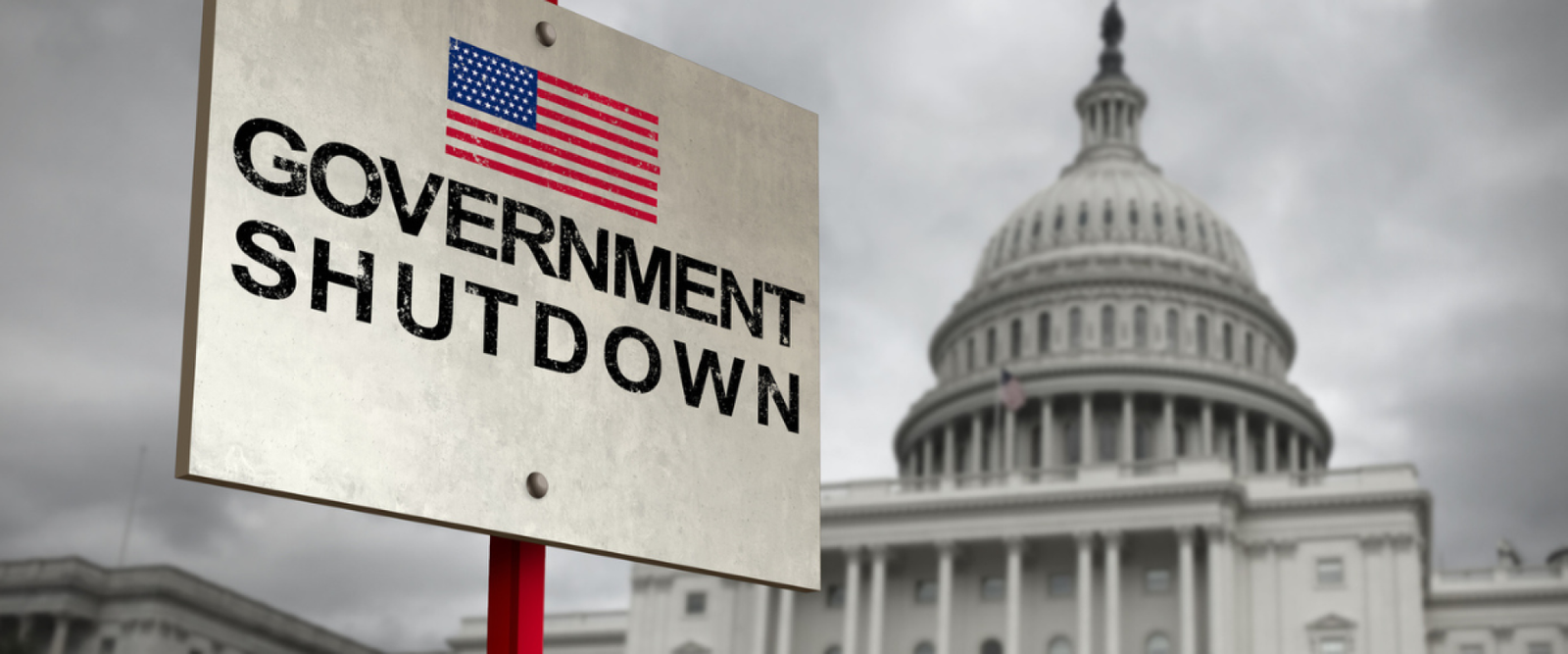With the federal government now shut down, many homebuyers and homeowners are asking the same question: How does this affect my mortgage or the housing market?
The good news is that real estate doesn’t stop during a shutdown. However, certain government functions slow down or pause, which can impact loan approvals, closing timelines, and borrower qualifications. Here’s what you should know.
Income Verification Considerations
- Social Security & Veterans Benefits Continue
Social Security checks and veterans’ disability and retirement benefits will still be paid as scheduled. These remain reliable income sources during the shutdown. - Federal Employee Borrowers May Face Challenges
Many federal employees are furloughed without immediate pay, while “essential” workers continue working but won’t receive paychecks until the shutdown ends. Although back pay is guaranteed once the government reopens, lenders must still account for the temporary income gap, which may affect loan qualification.
Government Services Affecting Mortgages
- IRS Operations Likely Delayed
Requests for IRS tax transcripts and income verification (Form 4506-T) may face delays (IRS.gov). - USDA Rural Housing Loans Paused
USDA loan processing and closings are suspended until the government reopens (USDA Rural Development). - FHA and VA Loan Processing Continues, With Delays
HUD and VA operations remain active (HUD.gov), but limited staffing may slow appraisal reviews, case number assignments, and underwriting.
Interest Rates and Market Confidence
Shutdowns can create volatility in financial markets. Investors often move into safe-haven assets such as U.S. Treasury bonds, which can push yields lower and sometimes cause mortgage rates to dip temporarily.
For example, during the 2018–2019 shutdown, mortgage rates dropped by nearly 0.25% (Freddie Mac), even as thousands of loans stalled in processing.
What We’ve Seen in Past Shutdowns
- 1995–1996 (21 days): Closings delayed for weeks, though mortgage rates stayed relatively stable.
- 2013 (16 days): IRS verification backlogs slowed approvals, while rates dipped briefly before rebounding.
- 2018–2019 (35 days): The longest shutdown in U.S. history. Thousands of FHA and USDA loans were delayed, but mortgage rates declined, giving borrowers lower borrowing costs once loans resumed.
What Buyers and Sellers Should Do
- Plan Ahead: If you are using FHA, VA, or USDA financing, allow extra time for your closing date.
- Explore Alternatives: Ask about conventional loan options if federal programs are delayed.
- Stay Communicative: Talk openly with your lender about potential disruptions and set realistic expectations.
- Consider Rate Locks: If your loan may be delayed, discuss whether it makes sense to extend your mortgage rate lock.
Bottom Line
A government shutdown doesn’t stop the housing market, but it does create slowdowns in certain loan programs and verification services. FHA and VA loans should still process, though at a slower pace, while USDA loans are paused. IRS delays can affect income verification across all loan types.
For buyers and sellers, the best approach is preparation. Potentially anticipate longer timelines on government loans, stay in close contact with your lender, and focus on long-term real estate goals.
The silver lining: shutdowns sometimes cause mortgage rates to dip, creating opportunities for buyers.


